Travel
Virgin Galactic inches closer to its ambitious space tourism
Virgin Galactic successfully flew its first spaceflight in more than two years, stepping closer to completing the development of its space tourism system. Its spacecraft VSS Unity was carried up to an altitude of 44,000 feet by a carrier aircraft called VMS Eve.
The aircraft released the spacecraft, which fired its rocket engine and accelerated to more than three times the speed of sound. After reaching an altitude of 89.2 kilometers (293,000 feet), Unity reached through the atmosphere in a glide. The spacecraft also carried three NASA-funded scientific research payloads on this mission, under the agency’s Flight Opportunities program. Colglazier noted that the payloads generated revenue for the company, which expects to disclose the total amount during its second quarter financial report.
Michael Colglazier, Virgin Galactic CEO, told CNBC that the flight was flawless. The company’s founder, Sir Richard Branson was personally in attendance at the spaceport to watch the flight, as was former New Mexico governor Bill Richardson, who helped establish the $218.5 million Spaceport America as the company’s base of operations. Virgin Galactic’s chairman Chamath Palihapitiya commended the company’s relentless commitment. “Congratulations to the entire Virgin Galactic team on crossing yet another important milestone,” he said.
Also Read: India’s foreign exchange reserves increases to $590 million: RBI Data
Unity is designed to hold up to six passengers along with two pilots. The company has about 600 reservations for tickets on future flights, sold at prices between $200,000 and $250,000 each. Saturday’s spaceflight is Virgin Galactic’s first since February 2019. The company flew two spaceflight tests from its development facility in California’s Mojave Desert, before moving to its operational base at Spaceport America.
Over the past couple of months, the company’s test flight program has been delayed substantially. Saturday’s spaceflight was a redo of a December attempt that was cut short by an electromagnetic interference issue. As such Virgin Galactic’s beginning of commercial service has been pushed back from mid-2020 to early 2022.


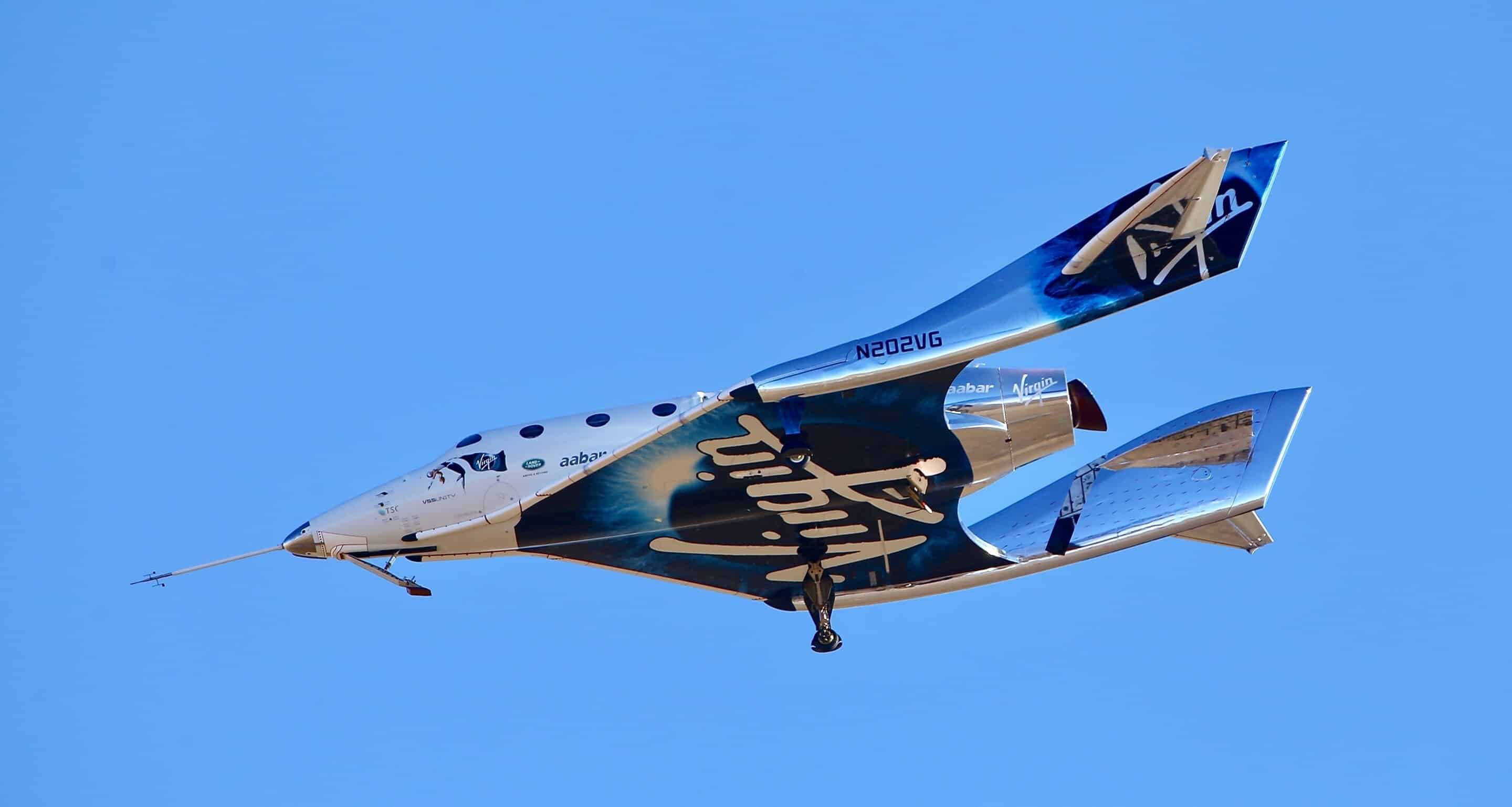
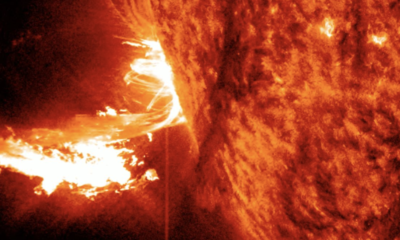

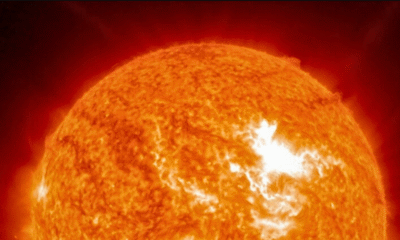
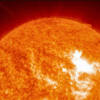






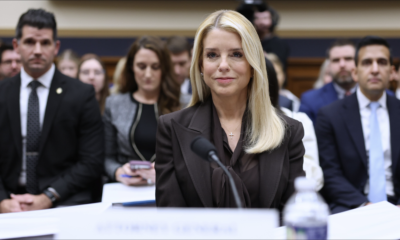
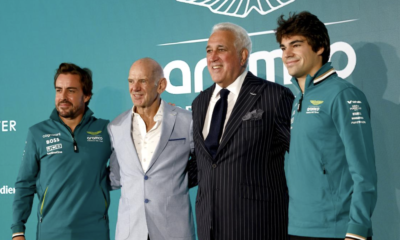





























Pingback: Though children remain susceptible to COVID-19 infection, it’s highly unlikely that the third wave will predominantly or exclusively affect children.
Pingback: Katy Perry, Gayle King, Lauren Sánchez to Space On Blue Origin